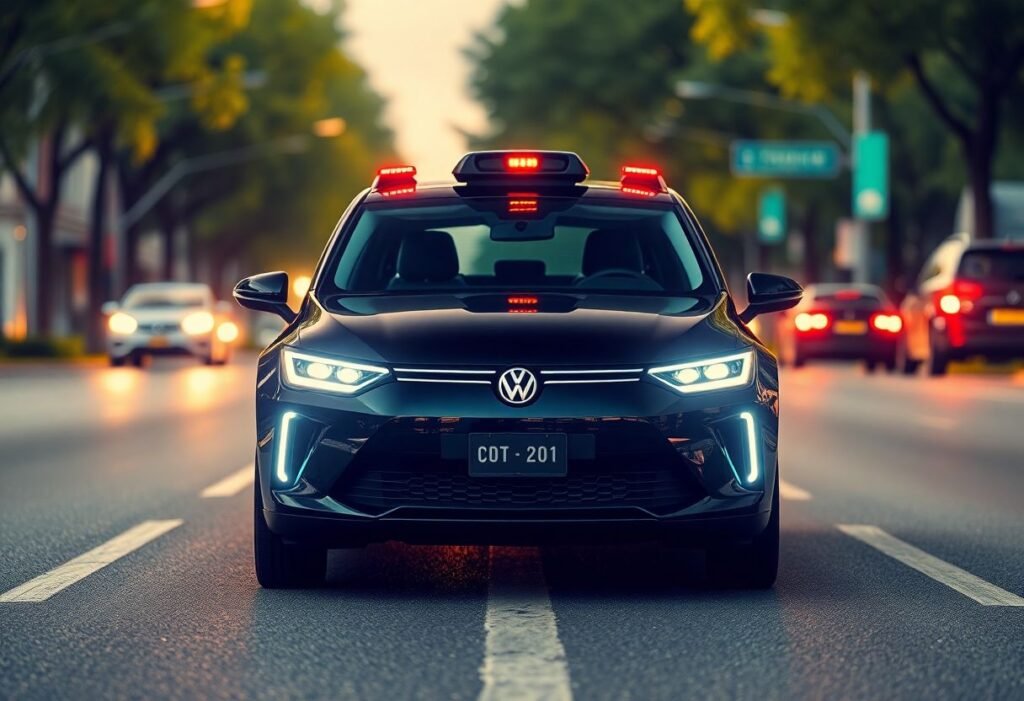The advent of autonomous vehicles is reshaping various industries, including real estate. With their potential to alter commuting patterns and urban landscapes, understanding their impact on the real estate market is essential for investors and homeowners alike. This article explores how autonomous vehicles will influence property values, urban development, and overall market dynamics.
The Influence of Autonomous Vehicles on Commuting Patterns
The introduction of autonomous vehicles is set to revolutionize commuting. As these vehicles become more prevalent, the distance people are willing to travel for work will likely increase. This shift means that suburbs and rural areas could see a surge in property demand as commuters find that they can work from home or travel to urban centers without the stress of driving. Consequently, areas previously considered too far from city centers may become desirable locations for new housing developments, leading to a tangible shift in real estate values.
Redefining Urban Development
Autonomous vehicles will also redefine how urban spaces are designed. With the ability to park themselves, these vehicles could eliminate the need for traditional parking spaces, allowing for more green spaces and residential areas. Cities may evolve to prioritize pedestrian-friendly environments, promoting sustainable living and altering how residential and commercial properties are situated. Instead of accommodating parking, developers may focus on creating vibrant communities, leading to innovative residential layouts that enhance property appeal.
Impact on Property Values
The shift towards autonomous transport is expected to influence property values significantly. Homes located near autonomous vehicle hubs or in areas recognized for their accessibility may command higher prices. As transportation options expand due to automation, investment in real estate near these hubs will likely escalate, thereby increasing the overall value of properties in close proximity. Investors and homeowners must stay informed about these trends to make the most of their real estate investments.
Changing Commercial Real Estate Needs
As more individuals embrace autonomous vehicles, commercial real estate needs will shift dramatically. Retail spaces may require redesigns to accommodate less parking and more pedestrian traffic, screening for both autonomous and traditional vehicles. Moreover, with the ability for goods to be delivered autonomously, storefronts may become more about experience and less about inventory. This evolution represents a significant opportunity for investors willing to adapt to changing market dynamics within the commercial real estate sector.
Legislative and Regulatory Considerations
The implementation of autonomous vehicles will undoubtedly bring along a host of legislative and regulatory challenges. Local governments will need to revise zoning laws to allow for new property types and uses associated with autonomous transport. Investors should keep a close watch on how these regulations develop, as they will shape the geographic scope of investment opportunities and the overall viability of autonomous vehicle-focused developments in the future.
Conclusion and Future Outlook
In conclusion, the emergence of autonomous vehicles stands to significantly influence the real estate market. By reshaping commuting patterns, urban development, property values, and commercial needs, this technology prompts stakeholders to re-evaluate existing strategies and consider innovative approaches in real estate investment. Staying ahead of these trends will be crucial for those aiming to thrive in the evolving landscape of urban living.





















